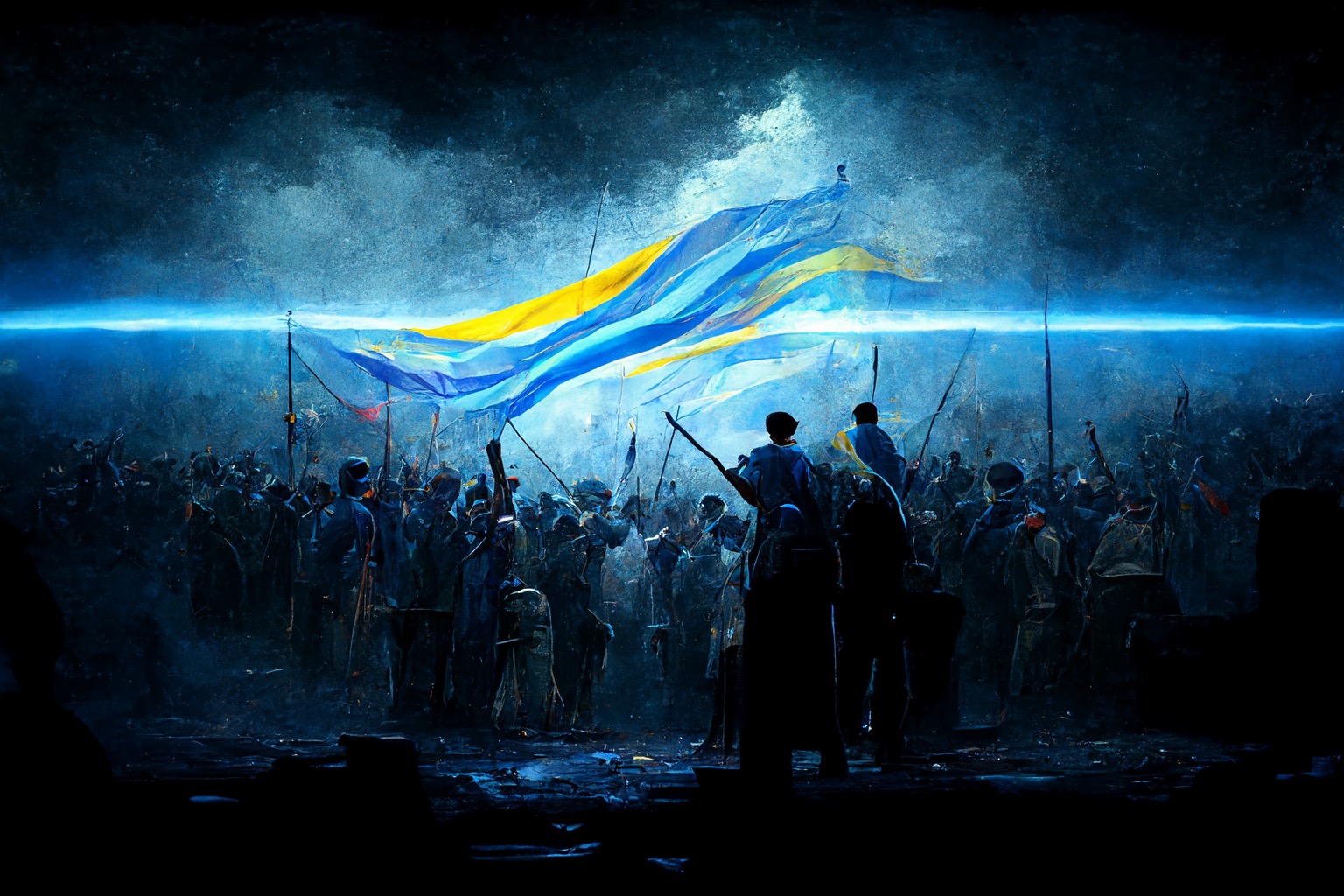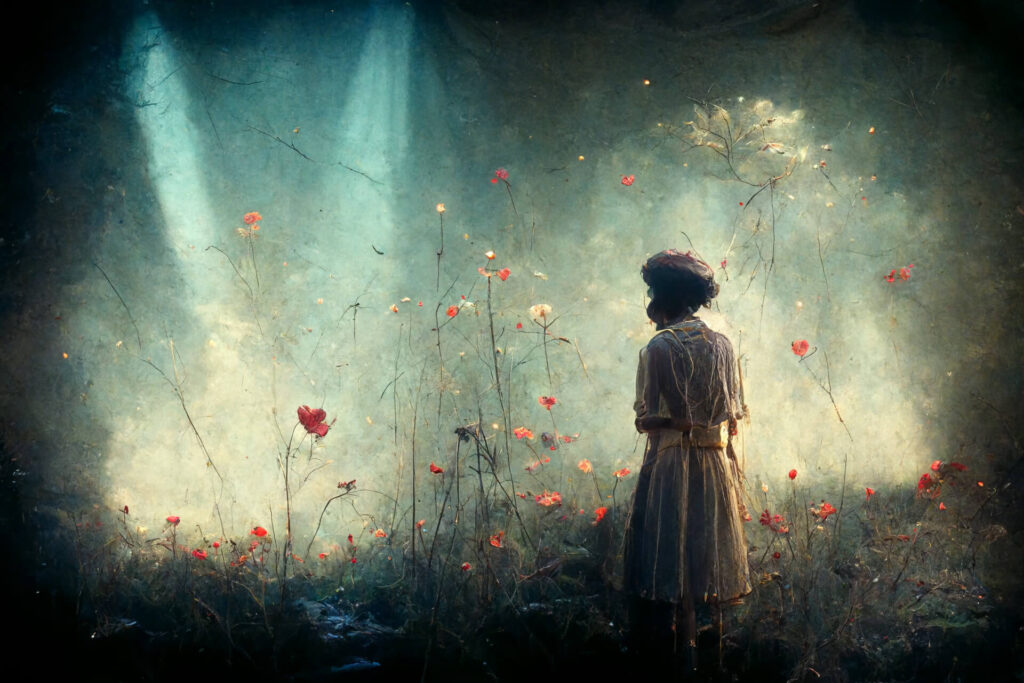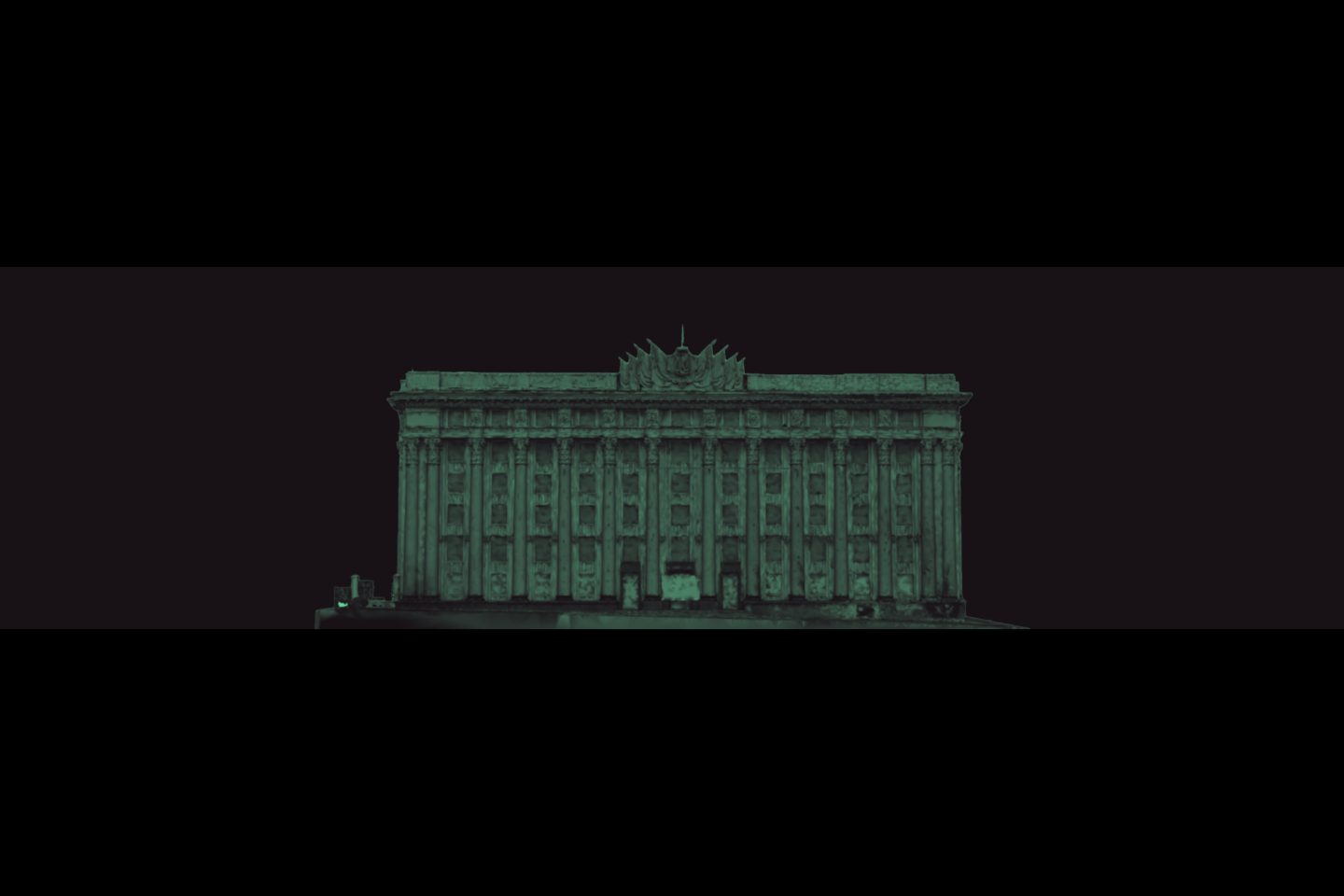The Ukrainians Media is an award-winning independent media company focusing on high-quality, long-form, and visual journalism. Our mission is to foster positive social changes in Ukraine.
This story was created thanks to the support of our readers. Please join The Ukrainians Community on Patreon and help us publish more important and interesting stories.
To say there has never been a year in Ukrainian history like 2022 would certainly be too simple and trite. In our past, there were no less challenging and bloody times. But in the life of current generations, it is undoubtedly the most difficult and crucial year.
Those who witnessed the last great war on our soil are now over 80—it’s terrible when they now die in cold basements or under Russian shellings. And yet, back then, for the vast majority of people who lived on modern Ukrainian lands, the great war was a matter of their own survival. It was also a matter of the survival and victory of the state, which only pretended to be their Motherland but was, in fact, that same Russia—under a new red flag.
And now, it’s about the survival of the entire people and their Motherland. It’s about the survival of our Ukrainian state.
The fact that this war was historically “programmed” has been discussed since 1991, from the first days of Ukrainian Independence.
What we considered Independence and the proclamation of the state was just a misunderstanding for our neighbors in Russia, an episode in history that sooner or later had to end in another “reunion.”
It was easy to imagine precisely when this war would begin. It had to start when Moscow realized that Ukraine—or any other former Soviet republic—had come critically close to joining “foreign” integration structures, in other words, when there was a real possibility of “losing Ukraine.”
That is precisely why, in 2008, Moscow did everything possible to prevent Ukraine and Georgia from participating in the NATO Membership Action Plan. That is precisely why, in 2013, the Kremlin tried to disrupt Armenia’s and Ukraine’s signing of the Association Agreement with the European Union. And that is precisely why the Kremlin perceived the desire to end the war expressed by most Ukrainians as their readiness to capitulate and stop drifting toward the West—and this was how they interpreted the 2019 presidential election results. But when they realized there would be no capitulation, they decided to conduct a “special operation” to overthrow the Ukrainian government, create a puppet regime, and annex part of the Ukrainian territories. So 2022 became the year of our great war. And, of course, it will not end on December 31. Instead of the year’s results, we will sum up the results of the war itself—when we have lived up to its, hopefully, victorious end.
Life for us is no longer divided into months and days. Instead, it is divided into the time before the war, the wartime, and the time after.
And each of these periods is, of course, strikingly different from the previous and the next. Now that we are ten months into the great war, we find it hard to recall the details of the time before it. We find it hard to remember the main problems at that time, how we perceived political disputes that now look pointless and helpless, and how we rejoiced at low-cost prices in Ukrainian airports, new restaurants, new films, new books, and new people. We have to admit that, even after the Russian attack in 2014, the occupation of Crimea and Donbas, and millions of internally displaced persons, most of us still lived, if not carefree, then at least ordinary lives of the residents of not the most prosperous, but still European country. We did not think about the looming war, the bomb shelters, the air-raid sirens, the generators, the soldier funerals, and the horrifying mass grave trenches of Bucha and Izium. About our new routine that will no longer be normal when the war is over.
And then another time will begin—the time to restore our country, define our priorities, look back at the past with pride but also horror, and realize how many of our fellow citizens cannot look back along with us. It will resemble the time after surgery when the anesthesia has worn off, and there is pain, self-awareness, and the desire to recover and get out into the fresh air and sunlight as soon as possible.
But that will be later when this long and difficult year of the war is over. The year we will have to live through together. The year that doesn’t end in December. The year that lives by its own calendar and its own horrible rules.
The year of collapsed illusions and hopes, but at the same time, the year of pride and aspirations.
The year we realized what it could really mean to lose our Motherland. The year we learned what it really means to fight for the Motherland’s survival—and our own, together with it and for the sake of it.
Vitaly Portnikov, journalist, writer, publicist, winner of the Vasyl Stus Prize.
Translated by Stanislav Ostapenko.
The Ukrainians Media is an award-winning independent media company focusing on high-quality, long-form, and visual journalism. Our mission is to foster positive social changes in Ukraine.
This story was created thanks to the support of our readers. Please join The Ukrainians Community on Patreon and help us publish more important and interesting stories.




